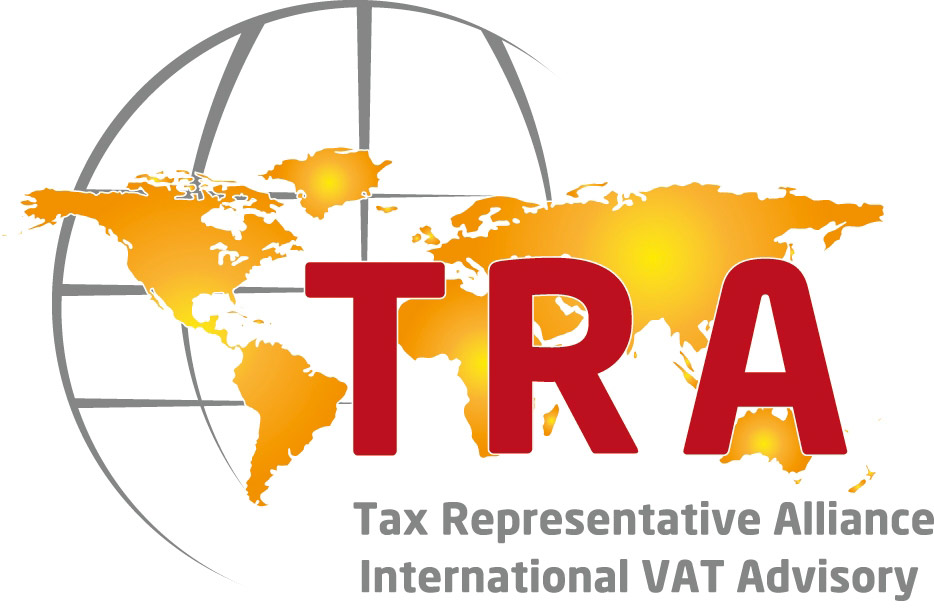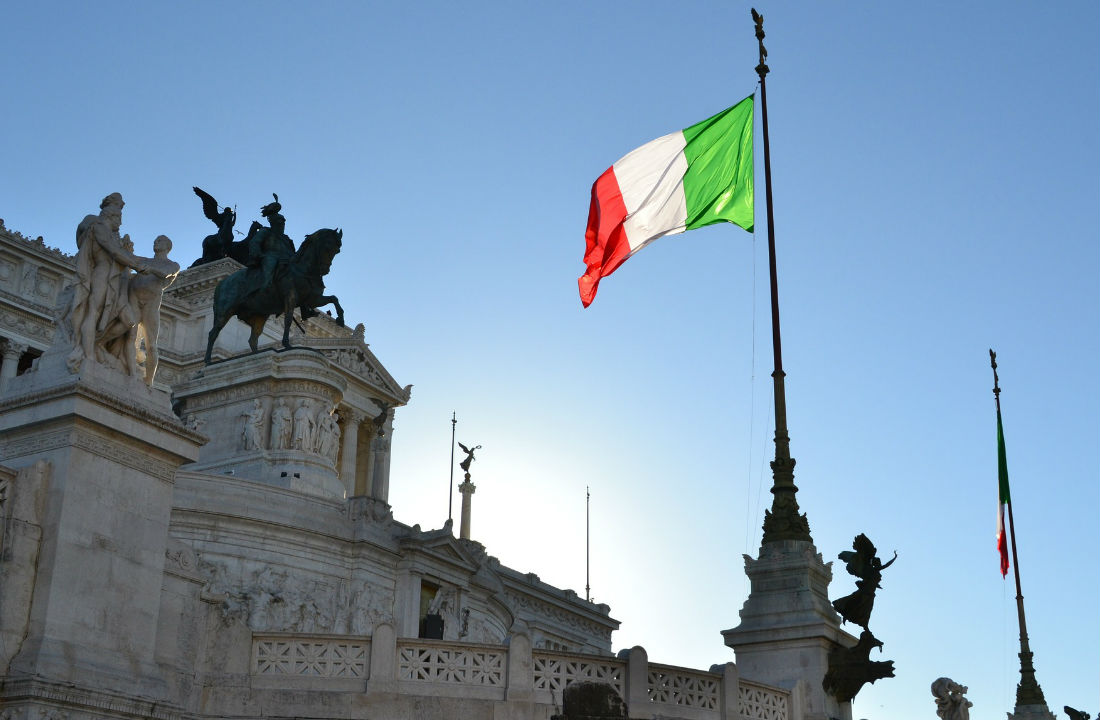According to the small business VAT regulation in Austria entrepreneurs whose turnover doesn’t exceed EUR 30.000 (net) in one assessment period are exempted from VAT. If this threshold is exceeded once in five years by not more than 15 % it doesn’t affect the exemption.
Read more



